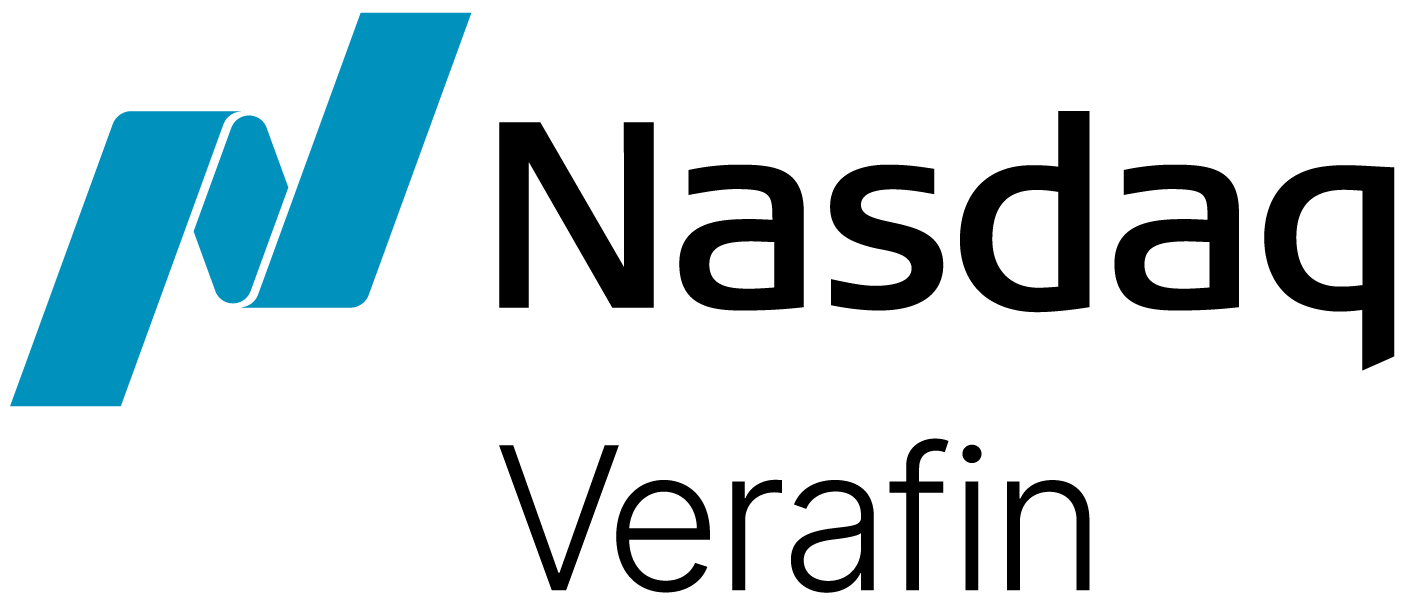
“It is deeply troubling to see these reports of fraudulent unemployment claims being filed and allegedly paid by the State Employment Security Department. These are our public tax dollars. These funds are intended for those in need, and not for fraudsters.”
– S. Attorney William D. Hyslop, Eastern District of Washington
The COVID-19 crisis has shocked the U.S. economic system, driving unemployment to extremes; over 36 million Americans filed unemployment claims from March to May of this year. As citizens seek aid, criminals are targeting unemployment insurance programs, siphoning funds with carefully coordinated and damaging scams. In recent weeks, our customer partners have voiced concerns over unemployment benefits fraud amidst warnings from the U.S. Secret Service and evidence linking fraudulent claims to a criminal syndicate.
As fraudsters continue to evolve their tactics and commit COVID-19-related crimes, financial institutions must respond quickly and decisively with robust fraud prevention solutions.
Coordinated Fraud, Moved by Mules
According to information from Krebs on Security, criminals are using stolen personally identifiable information (PII) from victims, including first responders, to submit fraudulent claims.
Unemployment benefits fraud is highly effective and challenging to counter. Perpetrators are concealing their efforts amidst the historic volume of unemployment insurance applications, the accelerated pace at which benefits are being issued, and strained claims systems.
“Between March and April, the number of fraudulent claims for unemployment benefits [in Washington State] jumped 27-fold to 700. During that same period, the amount of money bled off by suspected fraudsters jumped from about $40,000 to nearly $1.6 million.”
– The Seattle Times
State benefits may be deposited into an account under the criminal’s control or received by money mules who forward the proceeds to the fraudster. While some mules are complicit and desperate for income, others are unwitting victims of fraudulent schemes such as romance and work from home scams.
Criminal Network Behind Benefits Fraud
Unemployment benefits fraud can be connected to other illicit activity, including money mules, as part of widespread schemes by organized criminal networks.
An alert issued by the U.S. Secret Service has linked a Nigerian crime ring to a glut of fraudulent claims, threatening millions of dollars with hundreds of money mules and an expansive PII database. Sophisticated and well-coordinated, the Secret Service expects the network will expand to institutions across the U.S. The alert warns that “the banks targeted have been at all levels including local banks, credit unions, and large national banks” and “it is extremely likely every state is vulnerable to this scheme and will be targeted if they have not been already.”
The Agari Cyber Intelligence Division (ACID) has traced unemployment benefits fraud cases to Scattered Canary, a cybercrime network instrumental in other COVID-19-related scams, as well as Business Email Compromise (BEC) fraud, and other fraud and illicit activity.
Considerations for Financial Institutions
The COVID-19 pandemic has created the perfect opportunity for unemployment benefits fraud with savvy fraudsters and organized criminal networks capitalizing on the crisis.
Institutions from coast to coast are under threat and must consider how to effectively monitor transactions for fraudulent unemployment benefits deposited by ACH. Based on feedback from our customer partners, the following indicators may assist institutions in identifying risky unemployment payments:
- Review Incoming State Benefits: Financial institutions should identify incoming unemployment benefits payments through ACH that may be considered excessive. These benefits vary by individual and state, with known cases of unemployment benefits fraud ranging from a single incoming payment of nearly $10,000, to multiple small-value payments of several hundred dollars each.
- Assess the Banking Relationship: Investigators can review the age of the account receiving unemployment benefits payments to identify those opened solely for the purpose of receiving fraudulent benefits or belonging to long-standing customers who may have fallen victim to a mule scam.
- Verify Customer Information: A mismatch between the customer account holder and payee information on the incoming benefits can alert investigators to potential fraudulent payments.
An agile financial crime management solution that anticipates the criminal trends of today and tomorrow will be essential to protect customers and prevent losses. At Verafin, we are committed to providing the solutions you need to anticipate the latest financial crime trends, including schemes related to the COVID-19 crisis. Our product development team rapidly developed and released solutions to counter COVID-19-related crimes and we are currently developing a new solution to detect unemployment benefits fraud to be released in the coming weeks.
Visit our complimentary Resource Center for the latest information on COVID-19-related financial crime trends and Verafin’s approach to fight back, or join us for an upcoming demo or webinar to learn more about emerging BSA/AML and fraud trends and technology to combat COVID-19 crimes.


